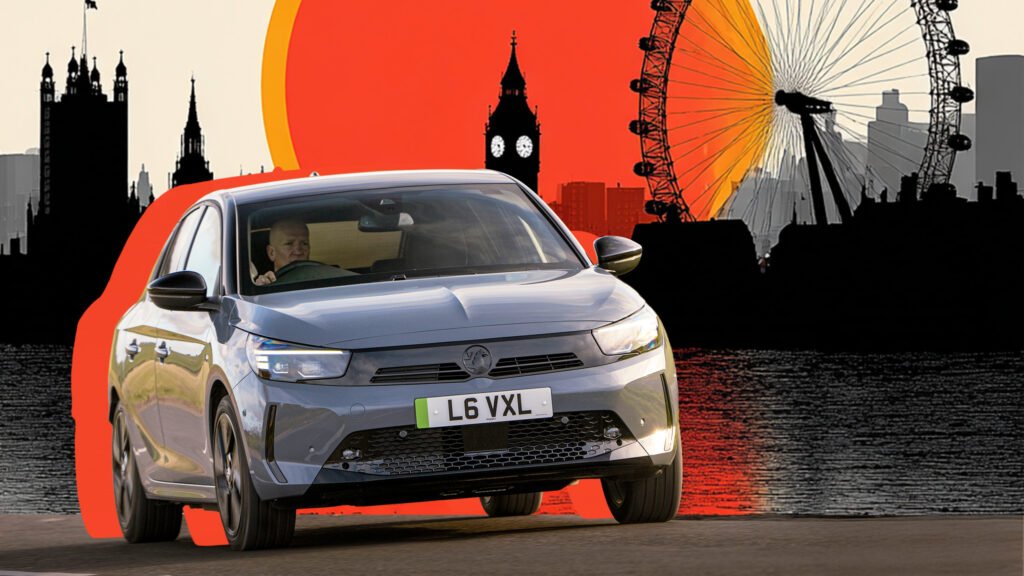

- The British government is relaunching an EV subsidy scheme that was axed in 2022.
- Discounts range from £1,500-3,750 on new electric vehicles costing up to £37,000.
- The UK still wants to ban ICE cars by 2030, five years before a similar ban in Europe.
The Trump administration could end EV tax credits as soon as September, but one nation that killed off its subsidy scheme three years ago is now reversing course with a fresh round of support for buyers. The British government is stepping in with renewed financial help to make electric cars more appealing.
Related: Would You Buy An EV After The US Tax Credit Expires?
Car buyers in the UK will soon be eligible for discounts of up to 10 percent on new EVs costing no more than £37,000 ($49,700). The exact terms of the grant have yet to be released by the British Labour government, but the discounts will range from £1,500 ($2,000) to £3,750 ($5,000), depending on how green the vehicle is.
Backed by a Three-Year Investment Plan
The new scheme will run for three years, the money coming from a £650 million ($874 m) pot. Separately, the government announced it would spend £63 million ($85 m) investing in EV chargers to help answer one of the main reasons car buyers give for not switching to electric power, besides the higher price of EVs relative to combustion vehicles, BBC News says.
Vehicles tend to be more expensive in the UK than in the US, so that £37k limit makes plenty of fairly ordinary EVs ineligible for financial aid. While small cars like the Dacia Spring, Renault 5, Vauxhall Frontera Electric, and Kia EV3 will all qualify for the grant, even the most basic Hyundai Ioniq 5 and Tesla Model 3 are too pricey to meet the threshold. But the government claims 33 EVs currently on sale are priced at £30,000 ($40,000) or less.
A Proven Strategy, Revisited

The UK’s original EV grant, which offered discounts of up to £7,500 ($10,000), was very successful at driving electric sales. It was so effective, in fact, that the Conservative government axed it in 2022, claiming it had done its job.
EV sales are stronger in Britain than in some neighbouring European countries, but they still only accounted for 22 percent of car sales in the first half of 2025, well below the 28 percent target set by the government, Bloomberg reports. The UK has pledged to ban combustion vehicles by 2030, and it looks like it’s not going to be ready for that switchover.
Carmakers, who have been struggling to hit EV sales quotas set by the government, and in some cases have been artificially restricting the sales of combustion models to avoid being hit by fines, will be pleased to hear news of the grant scheme. And we predict some will tweak their model lineups to allow certain EVs that currently cost slightly more than £37k to dip below that mark.

Lead image Vauxhall


